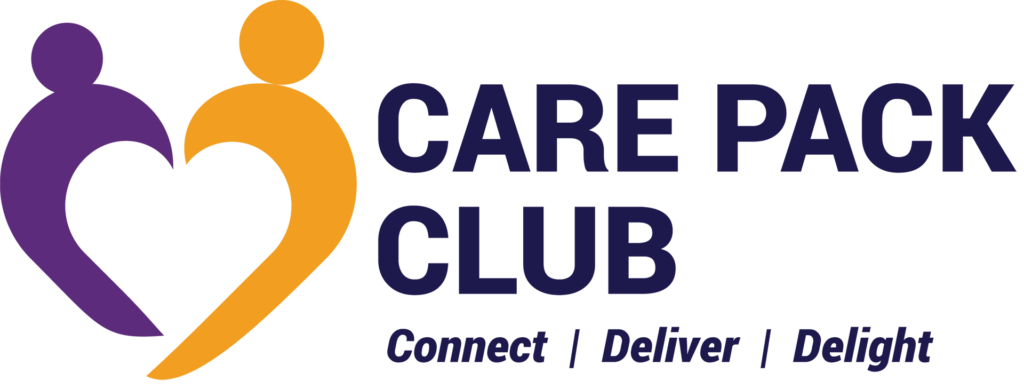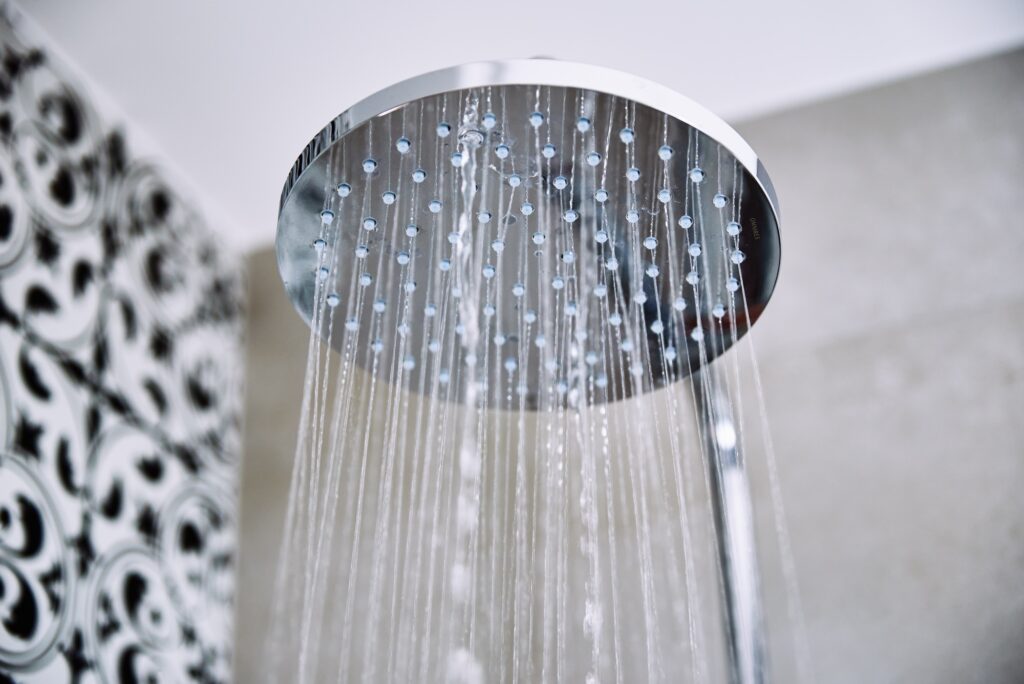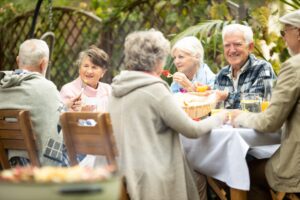Dry shampoo can be a helpful alternative for elderly individuals who have difficulty showering. It can serve as a temporary solution to refresh the hair and absorb excess oil when traditional shampooing with water is challenging or not possible.
There are several reasons why an elderly person may struggle with showering. This can include physical limitations, mobility issues, cognitive impairments, fear or discomfort related to water, or even medical conditions that make traditional bathing difficult. In such cases, dry shampoo can be a practical option to maintain personal hygiene and hair cleanliness.
Dry shampoo is easy to use and requires minimal effort. It typically comes in a spray or powdered form that can be applied directly to the hair. After application, it absorbs oils and adds a fresh scent, giving the hair a cleaner appearance. While dry shampoo does not replace the benefits of water-based washing, it can help manage hair hygiene in situations where regular bathing is challenging.
It’s important to note that dry shampoo should not be relied upon as the sole method of hair care. Regular bathing with water and traditional shampoo is still necessary to maintain overall scalp and hair health. Dry shampoo should be used as a temporary solution between proper washes or as an occasional substitute when necessary.
If an elderly person is experiencing difficulties with showering or personal care, it’s recommended to involve healthcare professionals, such as occupational therapists, geriatric nurses, or caregivers experienced in senior care. They can provide guidance and explore other strategies to facilitate bathing or suggest appropriate alternatives like dry shampoo based on the individual’s specific needs and limitations.







